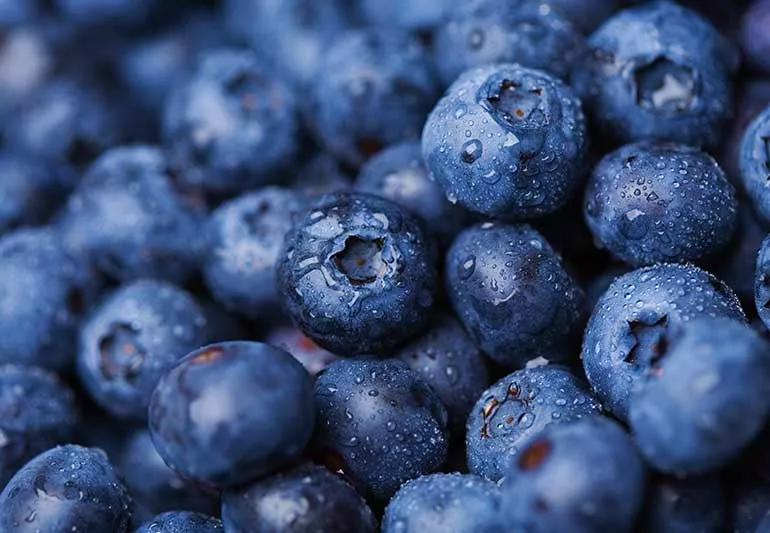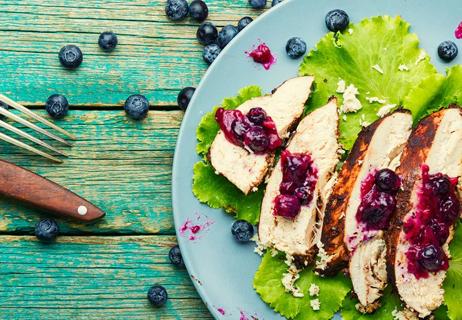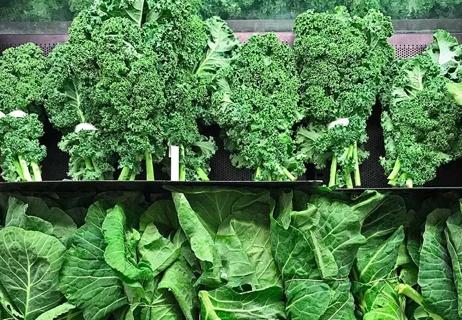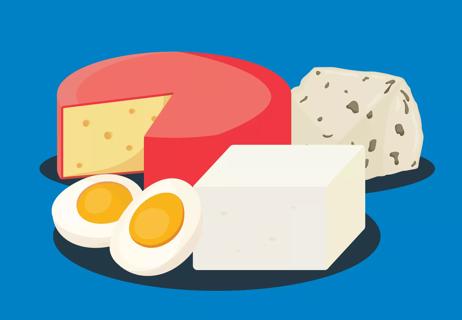It helps your bones stay strong and your blood clot, but it may also do so much more

Vitamin K is a busy nutrient: It’s involved in building healthy bones and helps your blood clot so injuries can heal.
Advertisement
Cleveland Clinic is a non-profit academic medical center. Advertising on our site helps support our mission. We do not endorse non-Cleveland Clinic products or services. Policy
You typically get enough vitamin K through food. Vitamin K occurs mainly in plant-based foods and fermented products like sauerkraut. You can also buy vitamin K as a nutritional supplement. But unless you have a diagnosed vitamin K deficiency, it’s better to get your K from foods.
“By eating a balanced diet, you should be able to meet your needs for Vitamin K,” says registered dietitian Julia Zumpano, RD, LD. “It’s good to know which foods are rich in this essential vitamin that does so much for our bodies in case your diet is falling short, so you can make any adjustments needed.”
Vitamin K is a fat-soluble vitamin (meaning it dissolves in fat). It helps your body develop and function properly. There are two types of vitamin K, which come from different sources:
Some studies suggest that what vitamin K does for your body may go beyond bones and blood. It may help ease morning sickness and protect cognitive (mental) ability. Vitamin K may even reduce your risk of cardiovascular disease and death. And recently, researchers found that a form of vitamin K acts as an antioxidant that could be a key in preventing Alzheimer’s disease and other conditions.
Advertisement
More research is needed, but we do know vitamin K plays an important role in both blood clotting and bone strengthening.
One of vitamin K’s most important jobs is to make four of the 13 proteins needed for blood clotting. Blood clots stop your injuries or wounds from bleeding so they can heal. The “K” comes from the Danish and German word koagulation (coagulation) or clotting.
This is a great benefit of vitamin K. But it also means that you need to be careful. People taking blood-thinning drugs, such as warfarin (Coumadin®) anticoagulant medication, shouldn’t take vitamin K supplements or consume large amounts of vitamin K without talking to their healthcare provider. Vitamin K can interfere with the effectiveness of these medications.
“In most cases, it’s a matter of maintaining steady vitamin and medication levels,” says Zumpano. “A sudden change can cause dangerous bleeding or blood clots.”
Vitamin K strengthens your bones by helping make osteocalcin, which helps prevent low bone density. But whether it can treat or prevent bone problems remains to be seen.
Some studies indicate that a higher daily intake of vitamin K reduces the risk of bone fractures and low bone density (osteopenia). In some countries (though not in the U.S.), healthcare providers even prescribe vitamin K supplements to treat osteoporosis.
“A lot of other factors can affect bone health, including a lack of calcium and vitamin D,” says Zumpano. “We need more rigorous studies to establish the link before we can confidently recommend vitamin K supplements.”
Foods rich in vitamin K are mainly green leafy vegetables like spinach, kale, broccoli, cabbage and lettuce. Other foods with vitamin K include fruits (blueberries, figs and canned pumpkin are good sources) and olive, soybean or canola oil. It’s also found in smaller amounts in meat, eggs and dairy products like cheese, yogurt and butter
“People who eat a vegetarian diet are in luck when it comes to this essential vitamin,” notes Zumpano. “You can definitely find it in other foods, but a plate of leafy greens can’t be beat when it comes to vitamin K.”
Consider: Half a cup of collard greens, frozen or boiled, contains 530 micrograms (mcg) — 442% of your suggested daily amount of vitamin K. And a 3-ounce serving of nattō (fermented soybeans) has 850 mcg (708%).
The best time to take vitamin K is after you’ve eaten foods that contain fat. This helps you maximize its absorption.
Your recommended vitamin K intake (in micrograms) changes based on your age, recorded sex at birth and whether or not you're pregnant:
Advertisement
| Age | Recommended Dietary Allowance |
|---|---|
| 6 to 11 months* | 2.5 mcg |
| 12 to 23 months* | 30 mcg |
| 2 to 18 years (women) | 30 to 75 mcg |
| Over 18 years (women) | 90 mcg |
| 2 to 18 (men) | 30 to 75 mcg |
| Over 18 years (men) | 120 mcg |
| Pregnant or lactating | 75 to 90 mcg |
| Age | |
| 6 to 11 months* | |
| Recommended Dietary Allowance | |
| 2.5 mcg | |
| 12 to 23 months* | |
| Recommended Dietary Allowance | |
| 30 mcg | |
| 2 to 18 years (women) | |
| Recommended Dietary Allowance | |
| 30 to 75 mcg | |
| Over 18 years (women) | |
| Recommended Dietary Allowance | |
| 90 mcg | |
| 2 to 18 (men) | |
| Recommended Dietary Allowance | |
| 30 to 75 mcg | |
| Over 18 years (men) | |
| Recommended Dietary Allowance | |
| 120 mcg | |
| Pregnant or lactating | |
| Recommended Dietary Allowance | |
| 75 to 90 mcg |
*Adequate Intake
Source: 2020-2025 Dietary Guidelines for Americans
Vitamin K breaks down very quickly in your body. Any excess leaves in your urine or poop. This means it rarely reaches dangerous (toxic) levels, even when you have a lot.
Most multivitamin-mineral supplements contain vitamin K, especially supplements for bone health. But in most cases, you don’t need to take supplements if you’re getting enough of what you need from food.
If you suspect you may lack vitamin K, talk with your healthcare provider about next steps. Your symptoms and a blood test can confirm diagnosis and guide treatment.
“There’s no shortage of delicious and widely available foods that contain vitamin K,” says Zumpano. “Vitamin K helps with some of our body’s most critical functions, so we need to take it seriously. And that means eating well, so we can live well.”
Advertisement

Sign up for our Health Essentials emails for expert guidance on nutrition, fitness, sleep, skin care and more.
Learn more about our editorial process.
Advertisement

Babies are born with very little of this vitamin, which plays a critical role in the blood clotting process

Calcium, vitamin D and magnesium are essential — but you should supplement under doctor’s orders

Both micronutrients support body functions, but there are key differences, like what foods have them and what jobs they do

It’s always best to talk to a healthcare provider before taking any supplements to avoid toxicity

From leafy greens to heart-healthy oils, the selection is abundant

Vitamin K2 foods aren’t the usual suspects

Vitamin K2 is gaining recognition for its effects on blood clotting, heart health and bone health

Certain supplements, like licorice root and St. John’s wort, can raise your blood pressure or negatively interact with medication

Although it could be used as a moisturizer, this new trend is not recommended

Communicating clear limits helps protect your time, energy and emotional well-being

High cholesterol can be genetic, but testing and treatment can lower your heart disease risk